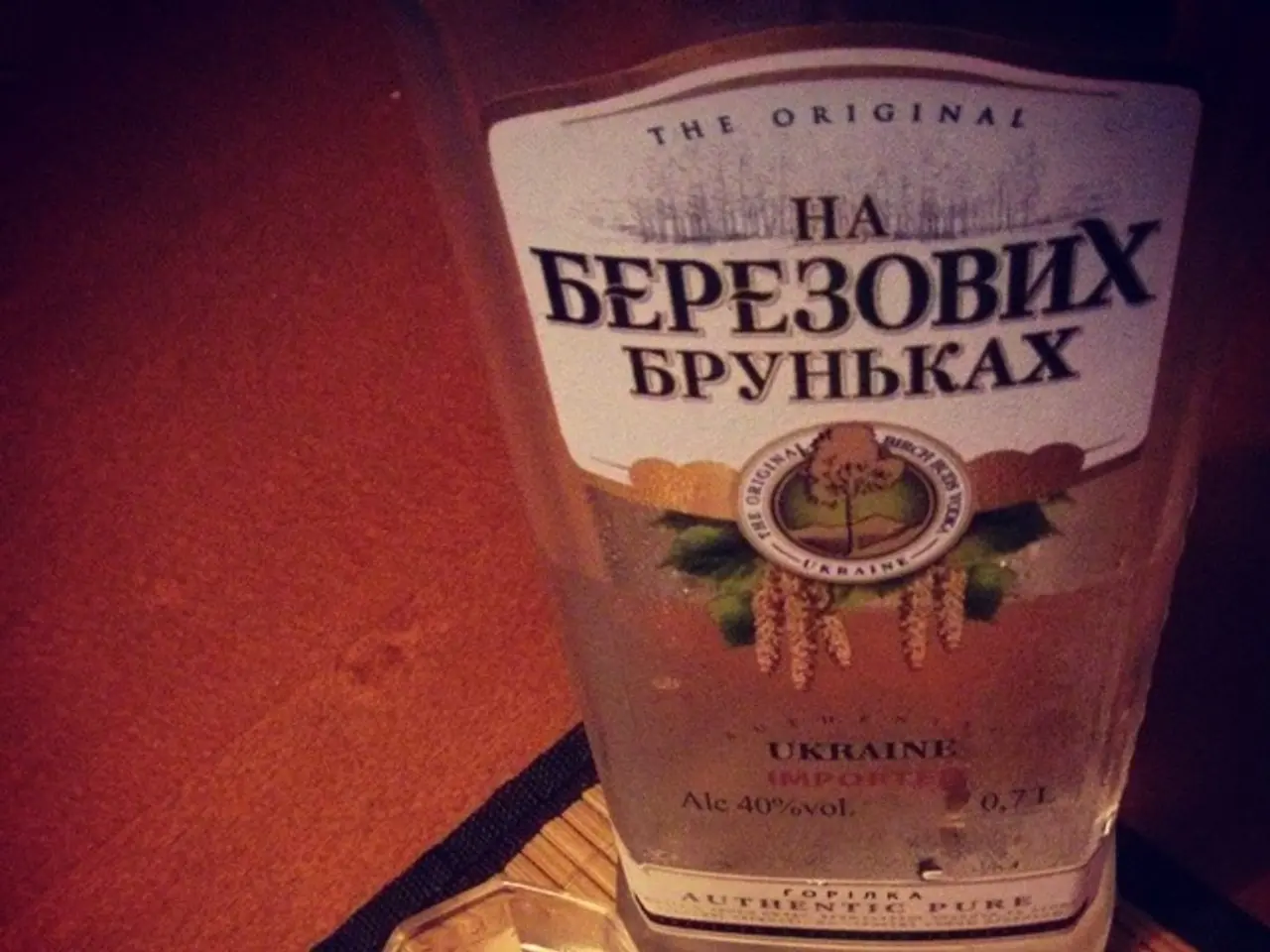Melatonin and Alcohol: Exploring Their Interactions, Roles, and Applications; Particular Focus on Melatonin
In the realm of sleep aids, melatonin has gained popularity as an over-the-counter supplement for those struggling with insomnia or difficulty sleeping. However, when combined with alcohol, the consequences can be far from restful.
Melatonin, a hormone naturally produced by the pineal gland, plays a crucial role in regulating sleep-wake cycles. It is available in various forms such as tablets, dissolvable capsules, and tea. The human body increases melatonin production during darkness to help a person feel sleepy, and it ceases production during daylight.
However, when melatonin and alcohol are consumed together, their sedative properties can lead to a potent sedating effect. This potentiation increases drowsiness and impairs cognitive and motor functions more than either substance alone. Moreover, alcohol may reduce the effectiveness of melatonin in promoting sleep, counteracting some benefits of melatonin supplementation meant to improve sleep quality.
The combination of melatonin and alcohol also alters sleep architecture by reducing the time to fall asleep, increasing awakenings at night, and suppressing REM sleep early in the night. These changes could disrupt the overall restorative qualities of sleep.
The potential side effects of combining melatonin and alcohol are significant. They include extreme drowsiness and sedation, leading to impaired alertness and an increased risk of accidents or falls. Both substances also depress the central nervous system, potentially causing breathing difficulties. Furthermore, alcohol and sedatives together can negatively affect memory and coordination, increasing the risk of overdose or fatal outcomes, particularly with excessive consumption or in combination with other sedatives or CNS depressants.
Given these risks, it is generally advised not to mix melatonin with alcohol. If you use melatonin supplements, it is safest to avoid alcohol intake close to bedtime or altogether to ensure both safety and the effectiveness of melatonin for sleep support.
It is also advisable to talk to a doctor before taking melatonin as a supplement to determine potential side effects and interactions with other medications. For those experiencing chronic insomnia or sleep disruptions, it is essential to make an appointment with their doctor to explore other treatment options.
In conclusion, while melatonin may offer a viable solution for some sleep issues, it is crucial to be aware of the potential risks associated with its interaction with alcohol. By understanding these risks and taking necessary precautions, individuals can ensure a restful and safe night's sleep.
References: [1] Kales, A., Kales, J. D., & Kales, S. N. (1977). Alcohol and the sleep-wake cycle. Alcoholism: Clinical and Experimental Research, 1(1), 1–11. [2] Roth T, Roehrs T. The effects of alcohol on sleep. Sleep Medicine Reviews, 2007;11(5):385-96. [3] Roehrs, T., & Roth, T. (2001). Alcohol and sleep. Alcohol Research & Health, 25(3), 186-192. [4] National Institute on Alcohol Abuse and Alcoholism. (2019). Alcohol use disorders: A comprehensive guide. Retrieved from https://www.niaaa.nih.gov/publications/brochures-and-fact-sheets/alcohol-use-disorders-comprehensive-guide [5] National Sleep Foundation. (2017). Melatonin: What you need to know. Retrieved from https://www.sleepfoundation.org/sleep-topics/melatonin-what-you-need-know
- Melatonin, a sleep-regulating hormone, is widely available as an over-the-counter supplement, but its combination with alcohol can lead to increased drowsiness, impaired cognitive functions, and sleep architecture disturbances, potentially reducing the quality of sleep.
- The combination of melatonin and alcohol may also result in extreme drowsiness, impaired alertness, increased risk of accidents or falls, and central nervous system depression, which could potentially cause breathing difficulties.
- Given the potential risks, it is generally advised to avoid combining melatonin with alcohol, especially close to bedtime or altogether, to ensure both safety and effectiveness of melatonin for sleep support.
- It's important to consult a doctor before taking melatonin as a supplement to discuss potential side effects, interactions with other medications, and explore alternative treatment options for chronic insomnia or sleep disruptions.
- By understanding the risks associated with combining melatonin and alcohol and taking necessary precautions, individuals can enjoy a restful and safe night's sleep, promoting overall health-and-wellness and mental-health.








